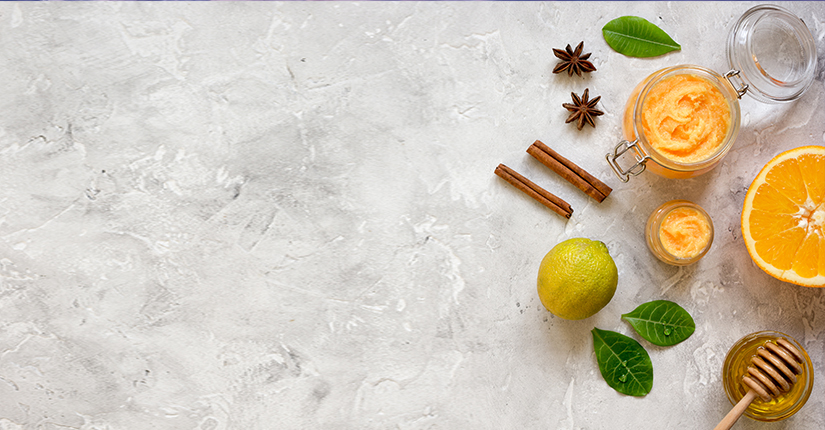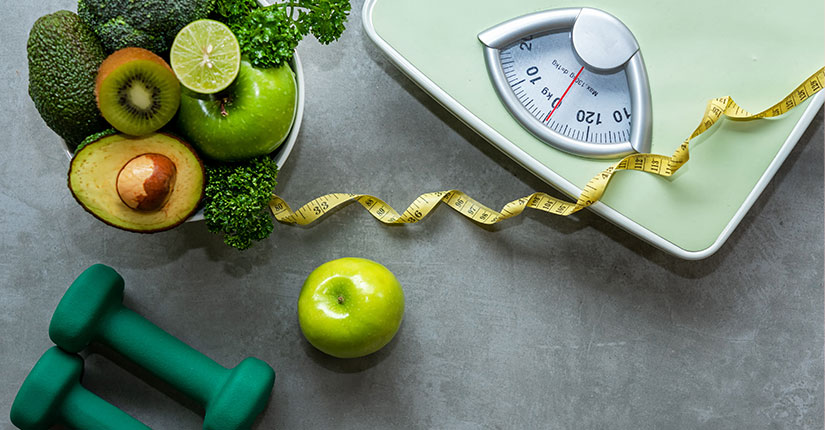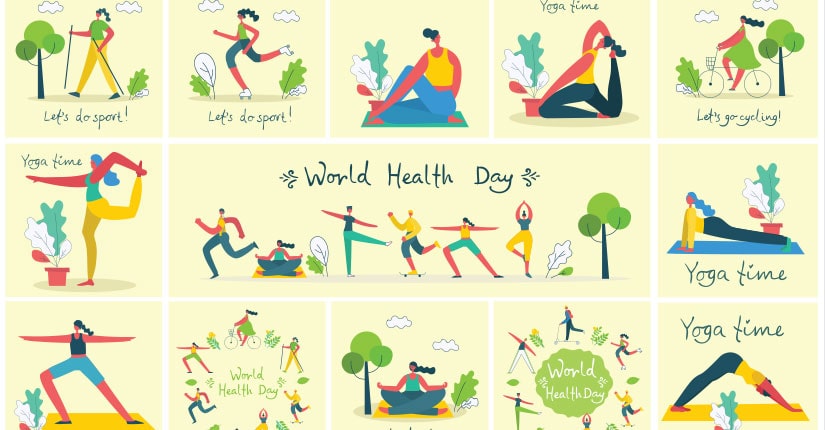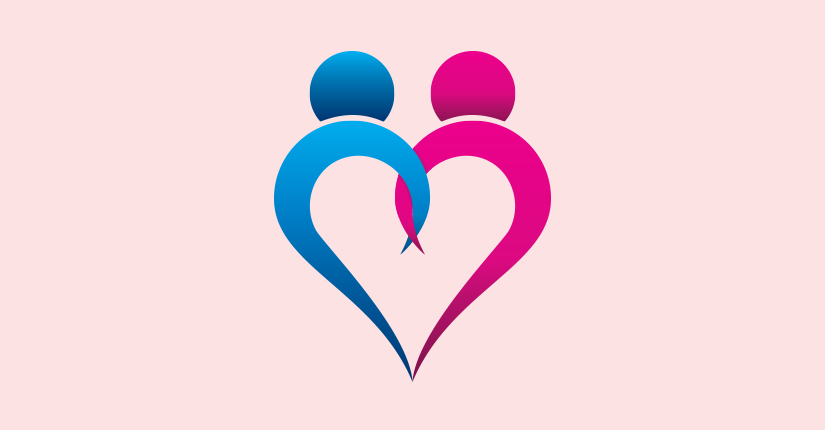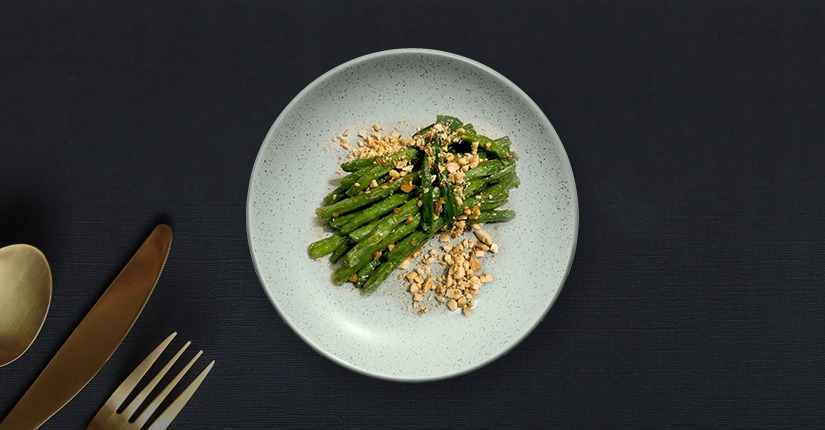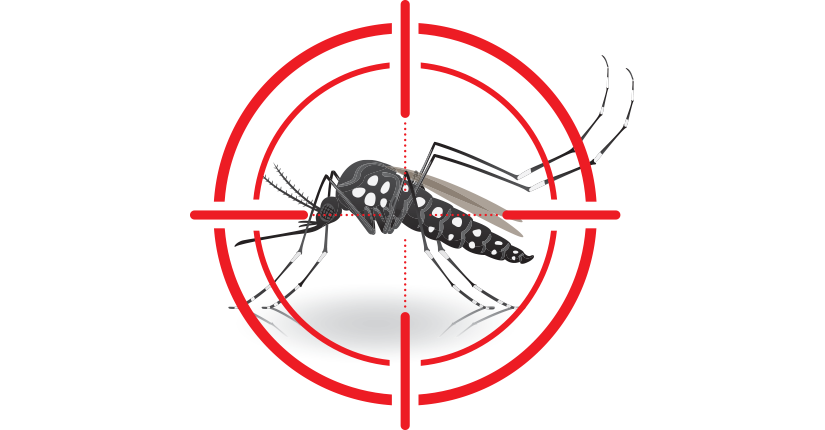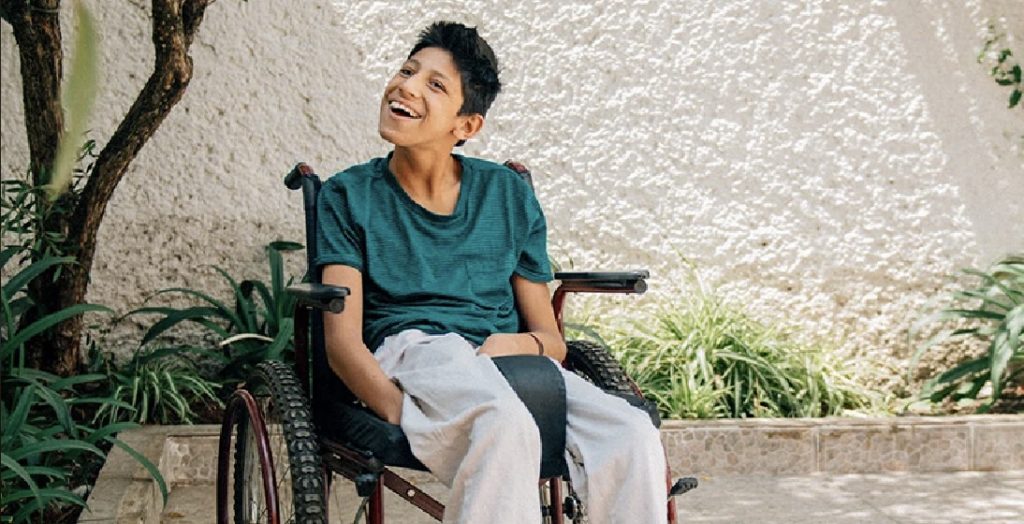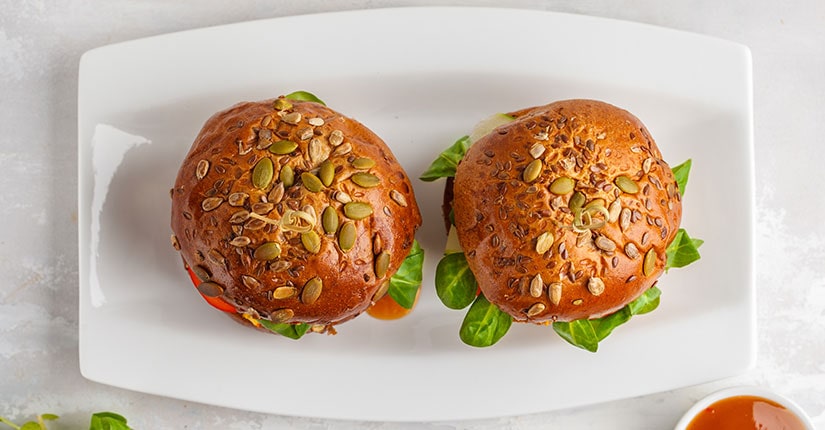Stay Away from Mosquito Driven Diseases This Monsoon
By Nmami Agarwal 20-Jul 2020 Reading Time: 7 Mins
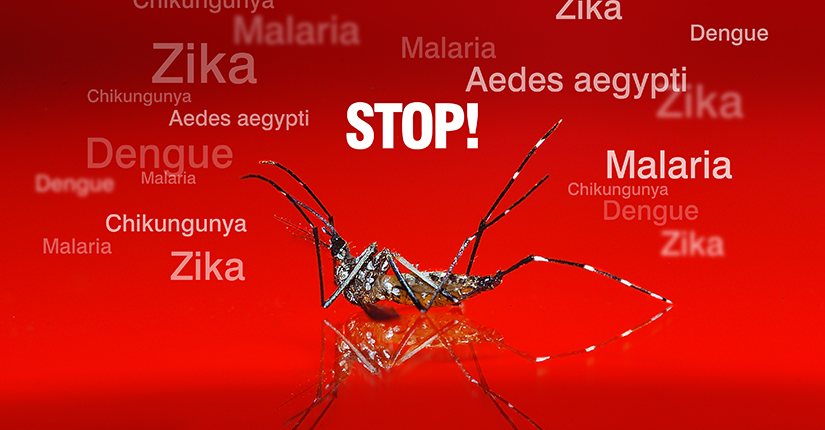
A relief from the scorching heat, sunny days, and loo, monsoon is a blessing but do you know that your immunity can go down during the rainy season? The risk of catching various diseases goes up as our body becomes more susceptible to catch infections during monsoon season due to unhygienic conditions and not adhering to basic preventive measures.
Here is a list of some common monsoon diseases and tips to tackle them preventive measures to keep away from monsoon diseases:
- Dengue:
- Malaria:
- Chikungunya
- Jaundice:
- Gastroenteritis (stomach flu):
- Cholera:
- Typhoid:
The most common one, Dengue is a mosquito-borne viral infection causing severe flu-like symptoms, and sometimes causing a potentially lethal complication called severe dengue. The platelet count goes down and immunity needs to be taken care of.
Prevention: The best way to save yourself from mosquito bites is to limit the amount of skin exposed by wearing long-sleeved clothes. Using mosquito repellents, traps and nets are helpful. The Aedes mosquito tends to breed in clean, stagnant water. Thus, watch out for puddles or even unused buckets and watering cans at home and turn them over or store them under a shelter, so that water cannot accumulate, and empty out excess water from plant pot plates.
Another most common infection in monsoon is Malaria. The parasite is transmitted to humans through the bites of infected mosquitoes. Symptoms include fever, chills, headache, nausea, vomiting, muscle pain, fatigue, sweating, chest or abdominal pain, and cough.
Prevention: Taking an anti-malarial drug as a precautionary measure could be an option in mosquito-prone areas. Check the accumulation of dirty water to prevent mosquito breeding, and wear full-sleeved clothes.
This virus is again spread by mosquitoes and common symptoms usually begin 3–7 days after being bitten by an infected mosquito.
Prevention: Wear covered clothes with long sleeves and long pants. If you’re in a place with no air conditioning or screens in the windows, then use mosquito nets, apply repellent creams.
Some noticeable symptoms include a yellowish tinge to the skin and the whites of the eye, and the body fluids of people suffering from this disease may also be yellow. It is caused by a build-up of bilirubin, which is a waste material present in the blood. An inflamed liver or obstructed bile duct can lead to jaundice and other underlying conditions too. The treatment depends on the underlying cause.
Prevention: Maintain a healthy, balanced diet to keep your liver healthy, consult a doctor. Restrict your alcohol consumption, and exercise daily.
It is an inflammation of the lining of the intestines caused by a virus, bacteria or parasites. It causes diarrhea and vomiting. It’s usually caused by a bacterial or viral tummy bug. Gastroenteritis and food poisoning are quite common during the monsoon season, and the high humidity helps in the growth of disease-causing bacteria.
Prevention: Stay hydrated and opt for a healthy diet which includes curd and fruits like banana and apple. Avoid eating raw food like salads, because it is difficult to ascertain whether they have been washed, cleaned and stored at the right temperature. Bid adieu to roadside food which may be prepared with contaminated water and could thus trigger diarrhea.
An infectious disease causing severe watery diarrhea, which can further cause dehydration and even death, if untreated, Cholera is caused by eating food or drinking water contaminated with a bacterium called Vibrio Cholerae. People may suffer from diarrhea accompanied by vomiting, which can lead to dehydration and so consumption of enough water is necessary.
Prevention: Avoid drinking contaminated water, instead drink boiled water, and maintain proper hand hygiene and sanitation.
It is a bacterial infection caused by the bacteria Salmonella Typhi that can lead to diarrhea, high fever, and vomiting, and is passed on through contaminated food and drinking water, and it is more prevalent in places where hygiene is not taken care of and handwashing is less frequent. It can also be passed on by carriers who do not know they might be carrying the bacteria.
Prevention: Choose clean drinking water and proper sanitation, and maintain good standards of hygiene.
Over to you
Hence, early diagnosis and treatment is the key to keeping these mosquito diseases away. Maintaining hygiene around your house and keeping your surroundings clean is the best way to tackle these.

